Protein degradation rate in Arabidopsis thaliana leaf growth and development
 Protein synthesis is an energetically-demanding process, made even more so by the fact that many proteins have a short half-life and must be repeatedly synthesized and degraded. Using a 15N-labeling approach, Li et al. determined the in vivo half-life for more than 1200 Arabidopsis leaf proteins; these values range from hours to months. They also determined protein complexes and protein domains correlated with differential decay rates. Furthermore, they found that the rate of decay of some proteins differed significantly in different leaves. Some proteins showed a positive correlation between decay and leaf growth rate, whereas others showed a negative correlation. This study newly identified several plastid proteins with very high turnover rates. These findings open the door to optimizing plant energy use by decreasing the energy demands of protein degradation. Plant Cell 10.1105/tpc.16.00768
Protein synthesis is an energetically-demanding process, made even more so by the fact that many proteins have a short half-life and must be repeatedly synthesized and degraded. Using a 15N-labeling approach, Li et al. determined the in vivo half-life for more than 1200 Arabidopsis leaf proteins; these values range from hours to months. They also determined protein complexes and protein domains correlated with differential decay rates. Furthermore, they found that the rate of decay of some proteins differed significantly in different leaves. Some proteins showed a positive correlation between decay and leaf growth rate, whereas others showed a negative correlation. This study newly identified several plastid proteins with very high turnover rates. These findings open the door to optimizing plant energy use by decreasing the energy demands of protein degradation. Plant Cell 10.1105/tpc.16.00768


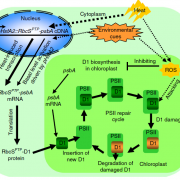
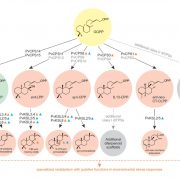
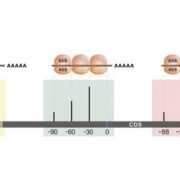

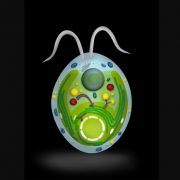
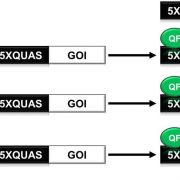


Leave a Reply
Want to join the discussion?Feel free to contribute!